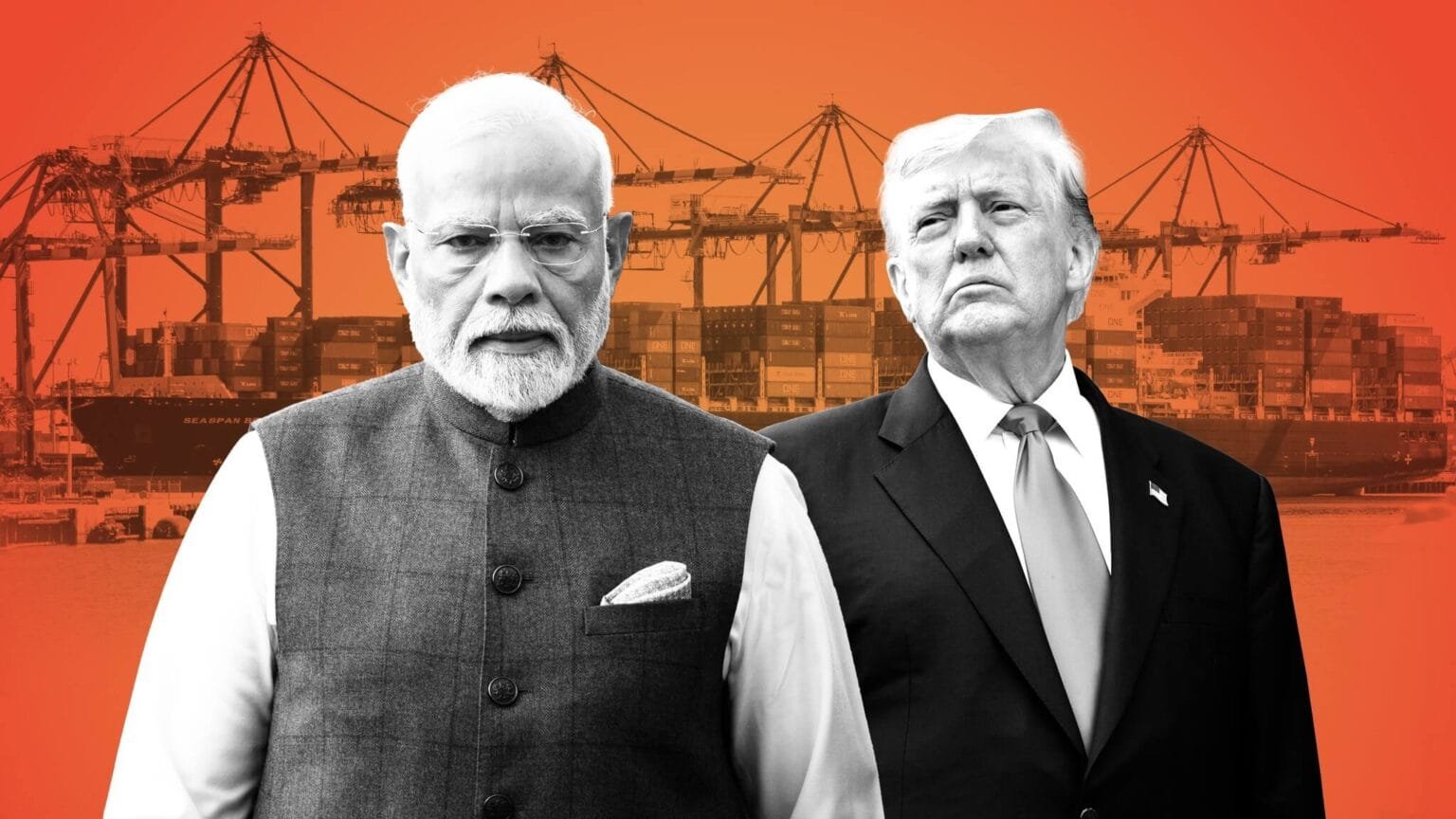India has firmly rebuffed mounting U.S. pressure over its longstanding economic and strategic ties with Russia, reaffirming a “time‑tested partnership” in energy and defence despite threats of punitive tariffs. On July 30, former U.S. President Donald Trump unveiled a sweeping 25% tariff on Indian imports backed by warnings of an unspecified penalty tied to the country’s ongoing purchases of Russian oil and military equipment. Indian officials, however, has made clear there has been no shift in policy, stressing that long-term contracts —many covering 35% of India’s crude imports (about 1.75 million bpd in H1 2025) cannot be abruptly halted.
India’s Ministry of External Affairs, led by spokesperson Randhir Jaiswal, emphasised that bilateral relationships including India–Russia and India–U.S. are driven by national interests and judged on their own merits, not seen through “the prism of a third country”. While reaffirming India’s commitment to a comprehensive strategic partnership with the U.S. including growing defence and technological collaboration under frameworks like the India–U.S. COMPACT, foreign ministry officials made it clear that sourcing defence systems or energy from Russia remains a sovereign decision, impervious to external economic coercion.
Indian state refiners IOC, HPCL, BPCL and MRPL have reportedly paused new Russian crude purchases in recent weeks, citing shrinking price discounts, but private firms like Reliance and Nayara continue importing under existing deals. Despite these short-term shifts, government spokesmen assert that there is no central directive to reduce imports, describing current trends as commercial adjustments rather than geopolitical recalibration.





